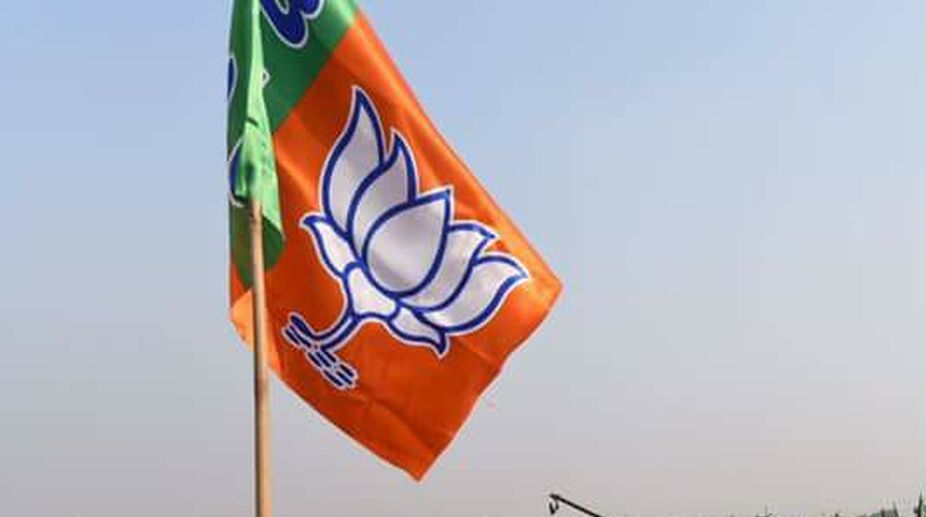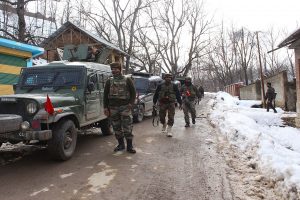The BJP dismantling the Tripura Marxists’ seemingly impregnable citadel can be considered an epoch-making event. The party excelled despite having no grassroots base in the tribal and rural areas.
However, the party coming to power in Arunachal Pradesh, Assam, Manipur and now in Nagaland and Tripura lends credence to allegations that the victory would not have been possible without the display of lucre and all that.
Advertisement
The Left Front government’s biggest achievement was the suppression of years of insurgency that had ruined the state’s economy. Tripura is the only state in the region to do away with the most-hated Armed Forces (Special Powers) Act.
Even Prime Minister Narendra Modi was impressed by the Left Front’s achievements. The overzealous BJP supporters have, however, overshadowed the unprecedented victory by their acts of bulldozing statues of Communist icon Vladimir Lenin.
No one has taken kindly to this and it must be condemned in the strongest terms, as indeed it has by the Prime Minister and others. In Meghalaya the ruling Congress secured 21 seats, but this tally was not convincing enough to continue in office.
With Conrad Sangma of the National People’s Party forming the government, the BJP and regional United Democratic People’s Front included, the Garos’ monopoly of the chief ministership continues.
In Nagaland, if former chief minister, the late Hokishe Sema, “sold” his regional Naga Nationalist Organisation to Indira Gandhi’s Congress (I) in the 1970s, Neiphiu Rio, Nagaland’s three-time chief minister and the state’s lone MP, was responsible for bringing the BJP to Nagaland.
In 2003 the BJP secured seven seats, albeit with the proxy support of the NSCN(IM) whose leaders wanted the SC Jamir Congress government out by hook or by crook. In 2008 the BJP’s tally was four, one in 2013 and this time a whopping 28.
After quitting the ruling Naga People’s Front, Rio, who had helped form the Naga People’s Front in 2003, floated the Nationalist Democratic Progressive Party just a few days before the election and got elected even before the state went to the polls.
When the BJP, an ally of the ruling Naga People’s Front, realised that its fortunes rested with Rio, it sided with him and Rio is now back in Nagaland as a fourth-time chief minister.
The lotus smells good in these states but in the hills, political stability can never be guaranteed. Every tribal legislator aspires for not only a ministerial berth but a plum portfolio as well. With the Tenth Schedule limiting the size of the ministerial team to a dozen, the seeds of political instability are sown.
Manipur’s BJP government is already shaky after the Supreme Court said no to posts of parliamentary secretaries. The durability of a ministry thus rests on regional whims.











